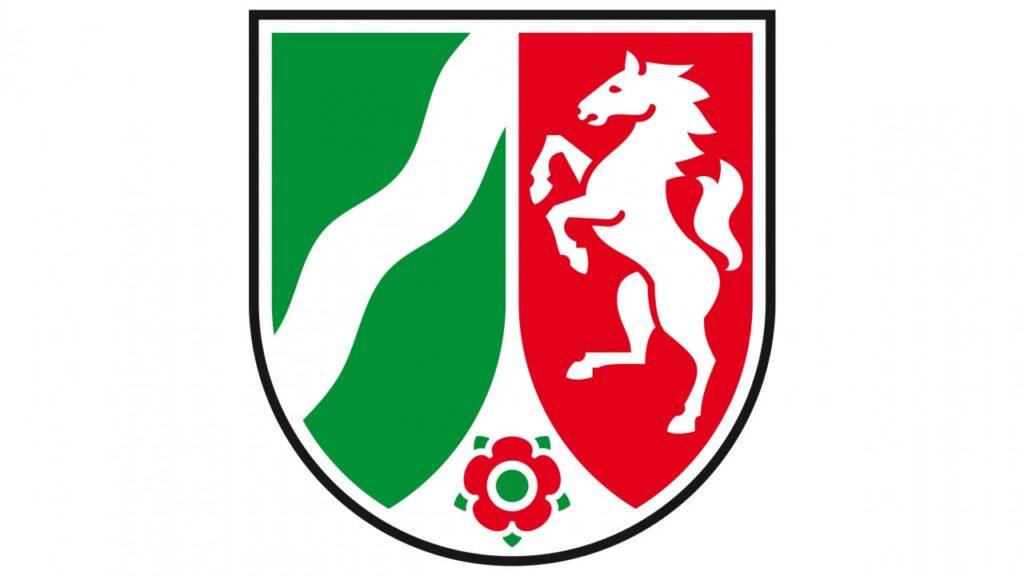

Companies like ZINQ from Gelsenkirchen with 50 locations worldwide consume a lot of energy and raw materials. But ZINQ in particular is also a good example of reversal of momentum through innovation: the family business is at full speed on the way to an all-round sustainable, circular economy, climate-positive business model
Steel must be protected from corrosion - from the small screw to the large steel structure. The medium-sized family company ZINQ from Gelsenkirchen, founded in 1889, specializes in hot-dip galvanizing and coating steel. Over the decades, ZINQ claims to have developed into Europe's largest company for individually galvanized surfaces on steel . A few figures: 50 locations in five countries, 2,000 employees, including 80 trainees, over 300 million euros in annual sales - and more than 650,000 tons of steel, which the company provides with a protective surface every year. This requires an enormous amount of energy.
For example, ZINQ operates a particularly large facility in the Gelsenkirchen city harbor. Structural parts for steel structures or truck trailers, among other things, are galvanized in a 17-meter-long immersion tank at an operating temperature of over 450 degrees. “We need more than 100 million kilowatt hours of natural gas at all of our production sites every year ,” says Lars Baumgurtel, managing partner of the ZINQ Group. On the other hand, high-quality galvanizing ensures that the steel has a particularly long service life. In the spirit of sustainability, the company must and wants to transform itself again and again: less energy, different energy, even longer life cycles of the materials, 100 percent recycling if possible - these are just a few key words.

“The circular transformation is necessary, but also offers enormous opportunities for companies in NRW”
“As a responsible family business, we have been thinking very seriously for a long time about how we can produce in a future-proof and generation-appropriate way,” explains Lars Baumgurtel. To this end, his company has set itself three ambitious goals based on the EU Green Deal: “Zero carbon, zero waste, zero pollution ,” Baum belt summarizes. “The biggest lever for climate protection lies in switching to a circular economy,” the entrepreneur is convinced. That's why the company is doing everything it can to achieve a true circular economy because, according to Baumgurt, this alone can save up to 40 percent of greenhouse gas emissions. The first step from 2010 to 2013 was the so-called “Cradle-to-Cradle” certification. Translated: from cradle to cradle. The aim is to use materials in such a way that they are completely recycled, meaning that no waste is created. 90 percent of sales are now certified.
In a second step, ZINQ began decarbonizing its production and launched its first project to use green hydrogen in 2016 - with the prospect of one day completely replacing the natural gas required to generate the process heat. In the third step, ZINQ launched two initiatives at the Gelsenkirchen location in order to be able to drive forward the necessary transformation on a much larger scale together with partners from industry. ZINQ also focuses on resource conservation. Thanks to intensive in-house research and development, the company was able to reduce the amount of zinc used by 80 percent while maintaining the same level of corrosion. “'microZINQ' shows that sustainability is possible through innovation ,” emphasizes Baumgurtel and proudly points to the award with the German Raw Materials Efficiency Prize. A positive side effect: using fewer materials also makes the company less susceptible to rising raw material prices and supply bottlenecks. Ultimately, the company no longer wants to use primary zinc at all, but only recycled zinc from closed material cycles. However, implementing such a circular business model is only possible together with the entire supply chain - from the supplier to the end customer.
On the way to becoming a completely circular company, the home location of the traditional medium-sized company plays a very important role. ZINQ, for example, could hardly take the not-so-easy route to replacing natural gas with green-produced hydrogen alone; on an overall scale, consumption is too small for this. That is why the company has massively pushed forward “Gelsenkirchen Climate Port” project “We have now been able to find over 20 partners who also want to use hydrogen to generate process heat,” reports Baumgurtel. “Our total requirement is 15,000 tonnes per year – that puts you on the map and will be taken seriously.”
“prosperkolleg” project funded by the NRW Ministry of Economic Affairs . Its task is to research the transformation towards circular value creation in the region and to stimulate its implementation in parallel. The project management lies with the Ruhr West University of Applied Sciences. “The circular transformation is necessary, but also offers enormous opportunities for companies in North Rhine-Westphalia,” says Baumgurtel, “I am therefore glad that so many companies and other actors are seriously participating in the projects and sharing their knowledge. This will move us all forward!”

The publication series “Transformation through Innovation” is intended to illustrate how companies in North Rhine-Westphalia have been able to write successful innovation stories thanks to the framework conditions created by the state of North Rhine-Westphalia.
Are you interested in being featured in a future edition?
Then contact us with your request at: